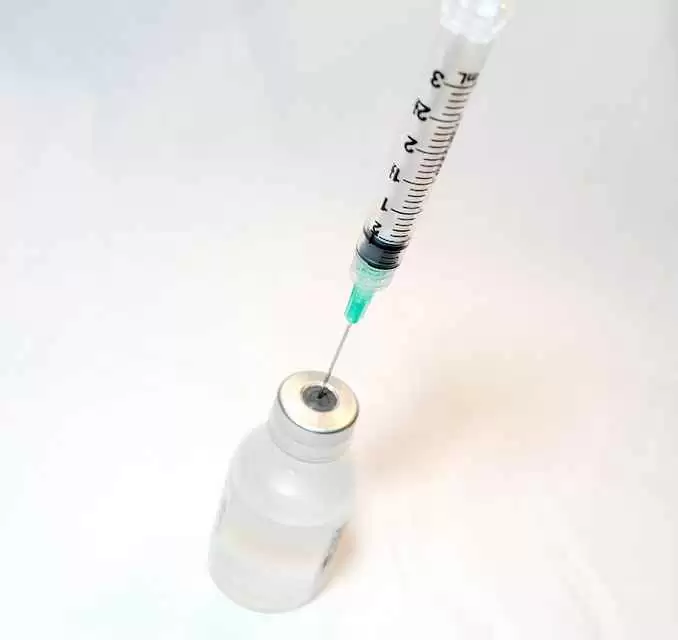
Celiac.com 11/13/2017 - ImmusanT, Inc., the company working to develop a therapeutic vaccine to protect HLADQ2.5+ patients with celiac disease against the effects of gluten, presented data that shows a way to tell the difference between celiac disease and non-celiac gluten-sensitive (NCGS) based on cytokine levels.
Professor Knut Lundin, University of Oslo, presented the data at United European Gastroenterology (UEG) Week 2017.
Celiac.com Sponsor (A12):
The results are important, in part because many people go on a gluten-free diet before they ever get diagnosed with celiac disease. It's hard for doctors to ask these people to start eating gluten again so that they can be properly diagnosed. But that's how it currently works. If there are no anti-gliadin antibodies in your blood, current tests are not accurate.
These data suggest that it is possible to spot celiac disease through plasma or blood test. Along with easier, more accurate celiac diagnoses, a blood test would be a major breakthrough because "patients would only be required to consume gluten on one occasion and would still achieve accurate results," said Robert Anderson, MBChB, Ph.D., Chief Scientific Officer of ImmusanT.
The test may also help people who do not have celiac disease, but find symptom relief on a gluten-free diet. For these people, gluten may not be the cause of their symptoms and a gluten-free diet may be totally unnecessary.
The latest data support the company's approach to "developing a simple blood test for diagnosing celiac disease without the discomfort and inconvenience of current testing methods. This would be the first biomarker for measuring systemic T-cell immunity to gluten," said Leslie Williams, Chief Executive Officer of ImmusanT.
As development is ongoing, further tests are expected to flesh out the details.
Source:








Recommended Comments
Create an account or sign in to comment
You need to be a member in order to leave a comment
Create an account
Sign up for a new account in our community. It's easy!
Register a new accountSign in
Already have an account? Sign in here.
Sign In Now